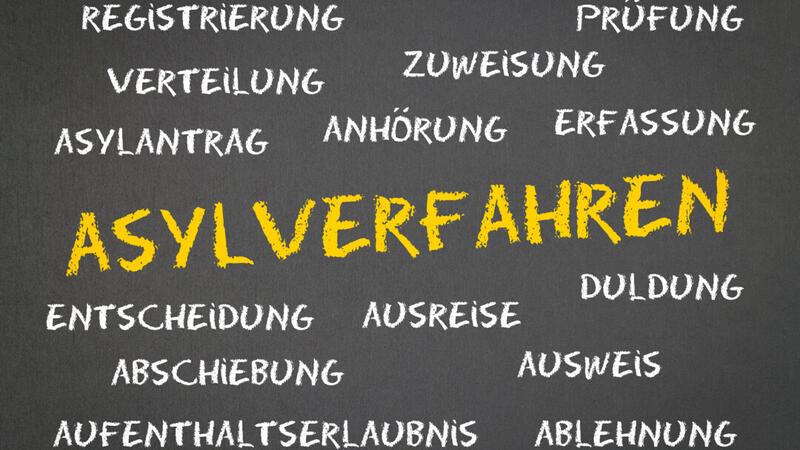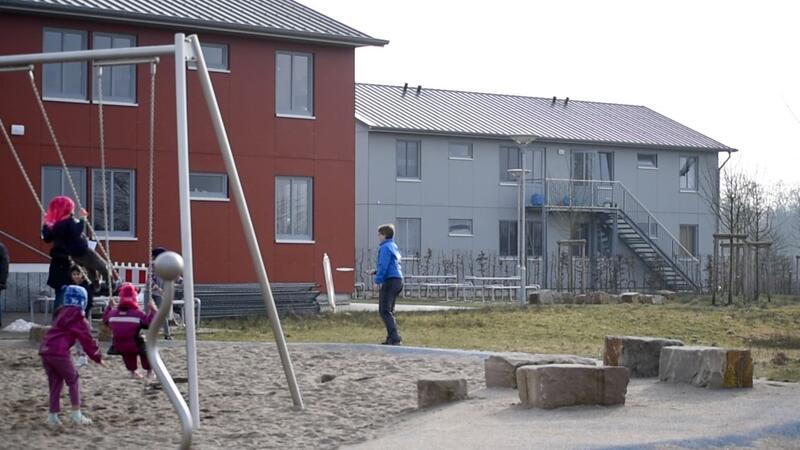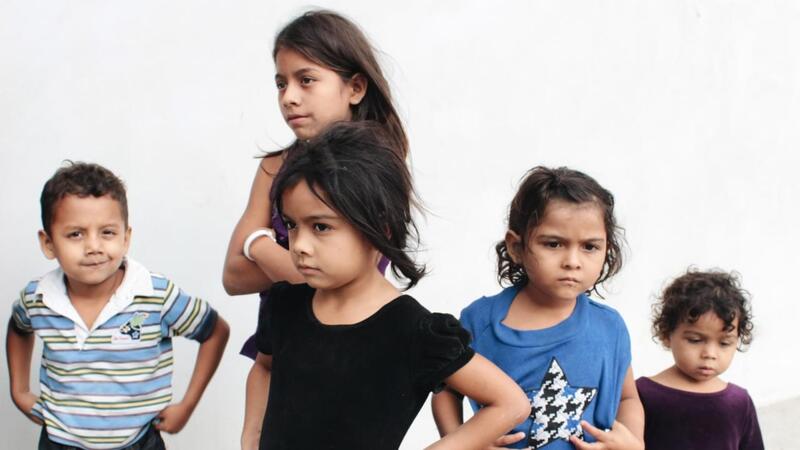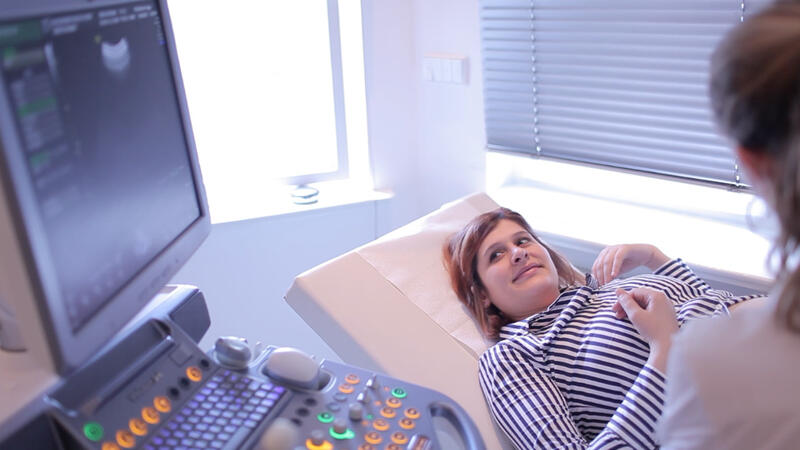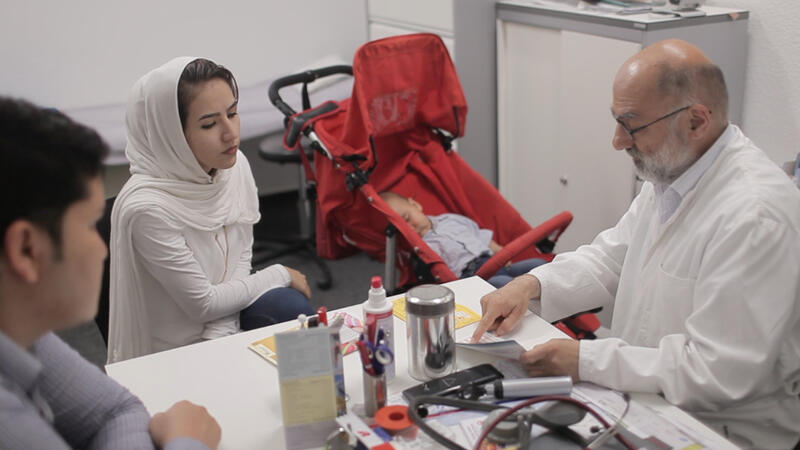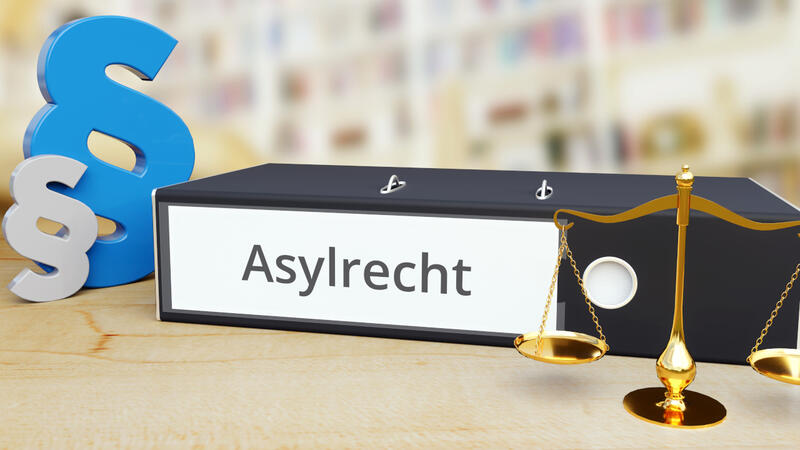Refugees in Need of Special Protection ("besonders schutzbedürftige Flüchtlinge")

What are my rights?
Everyone asking for protection in the European Union has the right to a fair asylum procedure, as well as housing and primary care while their case is being examined.
Furthermore, certain groups of people, such as children, pregnant women, victims of torture, and ill and traumatised individuals, are entitled to special protection in the EU. They are therefore called "besonders schutzbedürftige Flüchtlinge" ("vulnerable refugees"), and all the EU member states are obliged to provide them with special care and support.
Here you can learn who is considered in need of special protection and their rights.
What do I need to know?
The following groups of refugees are considered particularly vulnerable:
- Minors
- Unaccompanied minor refugees
- People with disabilities
- People with severe physical or mental illnesses
- Elderly people
- Pregnant women
- Single parents with minor children
- Victims of human trafficking
- Individuals who have experienced torture, rape, violence or female genital mutilation (FGM).
If you belong to one of these groups, according to Article 21 of the EU Directive 2013/33/EU, you are a vulnerable individual entitled to special protection ("Person mit besonderem Schutzbedarf").
As soon as a person has applied for asylum, the authorities must check whether the individual belongs to a group of particularly vulnerable refugees. The evaluation often takes place through questionnaires or short conversations with employees. You must inform them if you are, for example, pregnant, ill or traumatised as early as possible.
If you are identified as a particularly vulnerable refugee, you will have special rights; for instance, you are entitled to accommodation and care that suits your condition and special support during your hearing.
Important: If you belong to the groups mentioned above, but the authorities failed to recognise you as a "vulnerable person", you should contact a counselling centre immediately. You can seek support, for example, from the Refugee Council or Pro Asyl. To find the refugee council responsible for you, visit fluechtlingsrat.de. You can reach Pro Asyl by emailing beratung@proasyl.de in English or German. You can also search for a counselling centre in your area on proasyl.de or our search engine on our Local Search page.
Vulnerable refugees are entitled to have their hearing conducted by a so-called "special representative" ("Sonderbeauftragten"). Special representatives are decision-makers specially trained to interview vulnerable refugees who are particularly in need of protection. The hearing is where you need to elaborate on why you have fled to Germany and counts as the most crucial part of your asylum procedure.
The Federal Office for Migration and Refugees conducts the hearings. You need to let them know that you are a particularly vulnerable refugee. You can do so, for instance, when you apply at the Federal Office for Migration and Refugees for asylum. If you have medical certificates or other evidence, hand in a copy of it. You can learn more about the hearing in our "Asylum Procedure" chapter.
Vulnerable persons must not be held in initial reception centres for long – they must be distributed to smaller accommodation facilities or private housing as soon as possible.
You can also apply for your mandatory residence in an initial reception centre to be lifted ("Antrag auf vorzeitige Aufhebung der Verpflichtung zum Verbleib in der Erstaufnahmeeinrichtung").
Ask the social workers in your initial reception centre about the application. You can also seek advice from a counselling centre, such as the Refugee Council or Pro Asyl. Check out fluechtlingsrat.de to find the refugee council responsible for you. To reach Pro Asyl, email beratung@proasyl.de in English or German. You can also search for a counselling centre nearby on proasyl.de or use the search engine on our Local Search page.
Refugees who are particularly vulnerable and have special medical or financial needs can receive additional help from the state.
For example, pregnant women have the right to proper medical care and more funds. Children and young people (under the age of 18) can, for instance, receive additional support through the so-called "Educational package" ("Bildungs- und Teilhabepaket").
To receive these additional aids, you need to apply to the Social Welfare Office responsible for you. The social workers at your accommodation centre and staff at counselling centres can help you fill out the application forms. Check out proasyl.de or our search engine on our Local Search page to find counselling centres in your area.
For detailed information on medical care for refugees, visit our chapter "Healthcare for refugees".
You can find advice and support, for instance, from the Refugee Council or Pro Asyl. Visit fluechtlingsrat.de to see the refugee council responsible for you. To reach Pro Asyl, email beratung@proasyl.de in English or German. You can also search for a counselling centre in your area on proasyl.de or use the search engine on our Local Search page.
Important
As long as your asylum procedure is ongoing, there are many regulations you need to observe. You can learn more about these regulations in our chapter "Residence permit".
